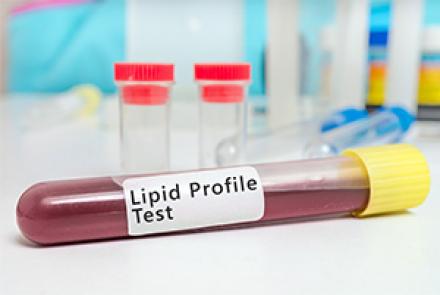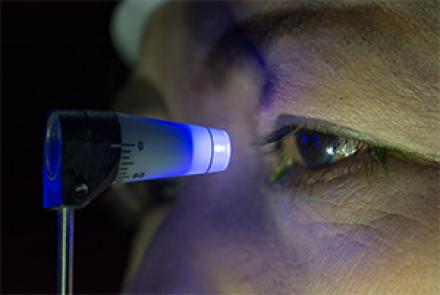WORLD LIVER DAY
Did you know Type 2 diabetes (T2D), insulin resistance, obesity, metabolic syndrome and NAFLD (Non Alchoholic Fatty Liver Disease) are particularly closely related? Dr Parijat Gupte, Consultant Hepatologist or Liver Specialist, provides us with a basic knowledge on NAFLD and what it can signify.
What Is NAFLD?
In simple terms, NAFLD or non-alcoholic fatty liver disease is abnormal or excess accumulation of fat in the liver. Normally, liver does not contain more than 0-5% fat.…
Latest Stories
- When you have a health problem, it is always important to understand what it is and to learn about its causes, symptoms and prevention. So next time you visit your doctor, go prepared with a list of questions. It will help you be more informed and less stressed. To enable you to make the most of your doctor’s appointment, we bring you a new series called ‘What to Ask your Doctor’ starting with questions on Uterine Fibroids. A uterine fibroid is a benign tumor that grows in the wall of the…
- People with Parkinson's are at high risk of falling due to problems with balance, rigidity, and slowness of movement. Here we bring key safety strategies to reduce incidence of falls that can cause bumps, bruises or even broken bones. Some people with Parkinson’s find their pattern of walking (gait) changes; you may walk more slowly, shuffle, or you may experience freezing of gait when you stop and are unable to move for a few seconds or minutes. These changes in walking pattern can affect your…
- The theme of the World Health Day 2017 is ‘Depression: Let’s Talk’. Encourage people with depression to talk about their feelings. Depression can easily be treated with psychological therapies and medicines. Learn about these and some other basic information on depression issued in public interest by SCARF (Schizophrenia Research Foundation). The wounds of depression are unseen, but they hurt more than the ones that bleed. Seek professional help and get better. Facts about Depression…
- Most of us are familiar with the term Gout without being aware of its full implications. This FAQ briefs us about all that we need to know about the condition and how we can tackle it, should we be affected. 1. What is Gout? Gout is a kind of arthritis where uric acid gets deposited in the joints and soft tissues. This, in turn, causes inflammation with redness, swelling, heat, pain and stiffness in the affected joint. Since the foot has numerous joints, the big toe is primarily affected…
- Oral health is not limited to your teeth alone. Mouth ulcers or sores can develop inside the mouth, cheeks, lips and tongue that can be extremely painful. Dr Shail Jaggi informs us on causes and symptoms of mouth ulcers and offers some advice on how to keep our mouth healthy, hygienic and problem free. All of us have at some point experienced oral sores in the mouth. These are generally very unpleasant and extremely painful and will persist for a couple of days. These sores are called ulcers.…
- This time in our Health by Numbers/Tests series, Dr Shital Raval takes a look at Lipid Profile, a test which measures the concentration of unhealthy fats and cholesterol in the blood, that helps determine a person’s risk of cardiovascular disease and the steps necessary to reduce that risk. Lipids are groups of fat and fatty constituents in the blood. They consist of cholesterol and triglycerides. Cholesterol travels in the blood by attaching itself to a protein, which is called lipoprotein or…
- There are a lot of things you can do especially in the early to middle stages to manage and delay the progression of dementia. Read on to find out more: Staying Active Finding activities that the person with AD can do and is interested in can be a challenge. Building on current skills generally works better than trying to teach something new. Don't expect too much. Simple activities are best, especially when they use current abilities. Help the person get started on an activity. Break…
- How should glaucoma be managed? Glaucoma can be managed by following the treatment protocol specified in the Treatment section How often should a patient follow up After the initial examination and diagnosis, glaucoma patients are managed much like patients with other chronic disease, requiring regular visits to assess disease severity and response to therapy. Most patients will need periodic medical examinations, diagnostic testing for progression or new findings, and individualized management…












